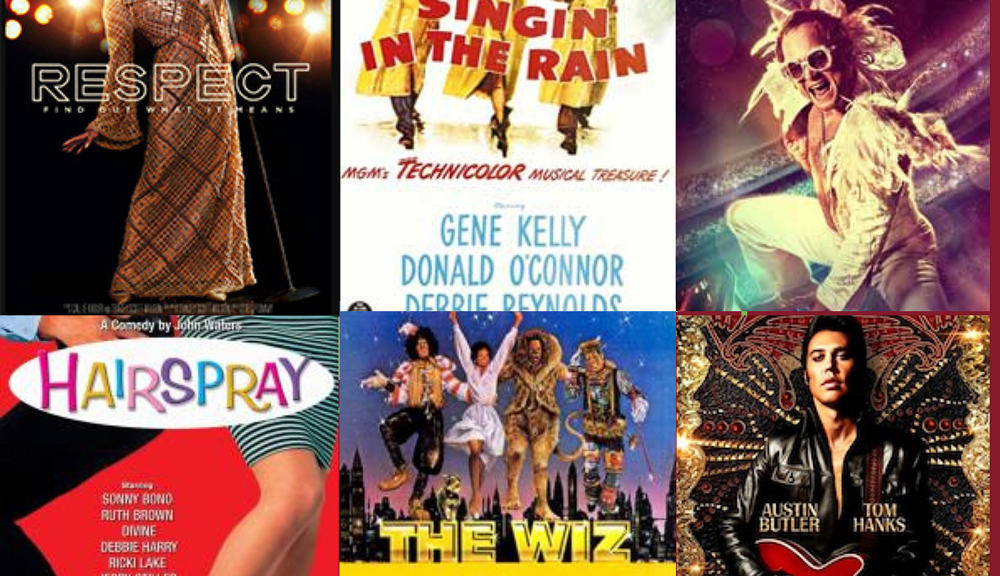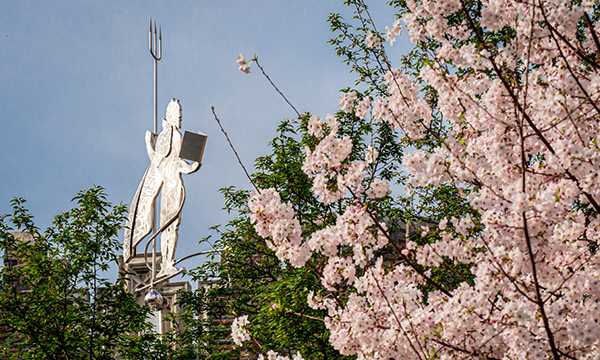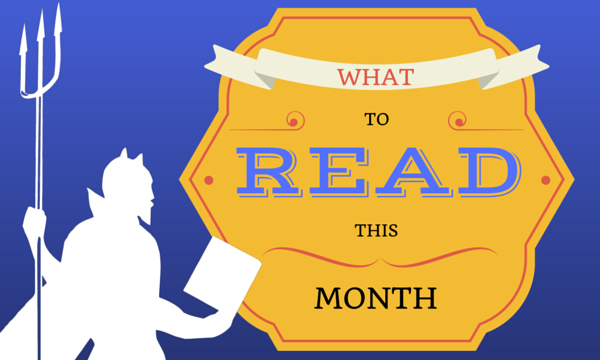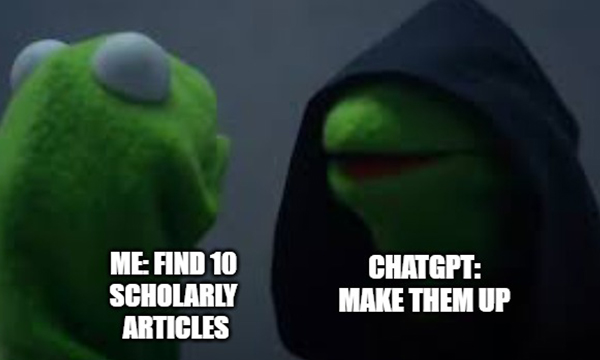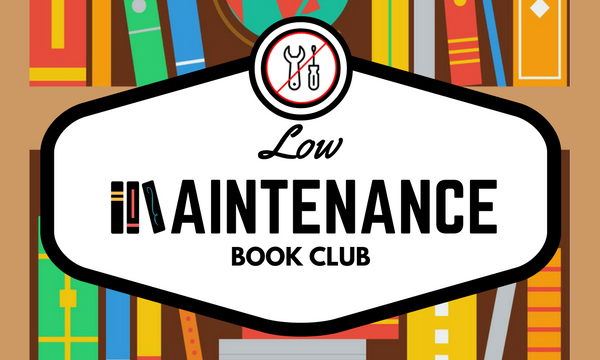 Post by Miree Ku, Librarian for Korean Studies
Post by Miree Ku, Librarian for Korean Studies
In October 2022, during the annual meeting of the Korean Library Association (KLA) General Conference in Seoul, Korea, I attended a session on the digital archiving of Webtoon (웹툰), an online platform that hosts webcomics originating from South Korea. The term “Webtoon” is a compound word formed from “website” and “cartoon.” This new form of comic publication has become a global phenomenon, particularly among members of Gen Z and Gen Alpha, and has been embraced outside of Korea. Additionally, Korean graphic novels, comic books, and webtoons are frequently adapted into films and TV programs, thereby impacting various aspects of Korean culture.
One of the presenters at the conference panel on archiving Webtoons showed a PowerPoint slide with examples of academic libraries in America, such as that of Columbia University, the University of Washington, as well as Duke University, and expressed her admiration for the fact that they collect Korean comic books and graphic novels (만화; Eng. Manhwa), which is not common practice among academic libraries in Korea. Afterwards, I told the presenter and attendees that I am a Korean Studies librarian from one of the American university libraries mentioned in the PowerPoint slide and confirmed that the library at Duke University does, indeed, collect Manhwa for teaching and research purposes. This was the moment where I felt the significance and value of developing a Manhwa collection at Duke University.
The Korean Collection at Duke University Libraries has recently expanded its offerings of Manhwas to those that delve into significant events and issues in modern Korean history. These new graphic novels cover a range of subjects and time periods, including “comfort women” (1938-1945), the Korean War (1950-1953), and civil rights movements (the April 19 Revolution in 1960, the Gwangju Uprising in 1980, the June Democratic Struggle in 1987).
Comfort Women
Duke’s Korean collection now includes several graphic novels about “comfort women” – a euphemistic term for women and girls from Korea, China, the Philippines and other occupied territories, who were abducted from their homes and forced into sexual slavery by the Imperial Japanese Army. For example, the graphic biographical novel called Grass (풀), available in both the original Korean and in English translation, documents the life story of Lee Ok-sun (1928-2022), one of the few remaining “comfort women” when the book was published. Lee, who was born in Daegu, Korea, was forced to become a sex slave for the Japanese military at the age of 16, and served in a brothel based in Manchuria, China, until the end of Japanese colonial rule in 1945.


The author of the graphic novel compares the comfort women victims to “grass,” stating that “it is a grass that rises up again even if it is blown down by the wind and stepped on.” These moving words pay tribute to all the victims of comfort women.
Lee passed away in 2022, leaving only 10 survivors out of 238 registered comfort women. Sadly, many individuals have not registered as comfort women victims due to their reluctance to disclose their past. The Song of A Butterfly or Butterfly’s Song (나비의 노래), a graphic novel by Kim Gwang-sung and Chung Ki-young, deals with one such case. This Manhwa depicts the story of Ha Keum-soon, another sixteen-year-old Korean girl who was sexually enslaved as a comfort woman by the Japanese military. For 70 years, she lived with her pain in silence until she met Min Soon-ae, another survivor of the “hell” she endured, while passing by the Japanese embassy in Seoul. This encounter prompted her to confess her past to her family and participate in rallies to bring resolution to the issue of comfort women. Ha Keum-soon stated, “No one should be hurt like this. I will get rid of the nightmare. I will shake off everything and fly dazzlingly. I will sing a song of hope like a butterfly hatching.” The graphic novel was exhibited at the France’s Angouleme International Comics Festival in 2014, where it raised awareness of the issue across the world. It is one of several books about comfort women that have brought attention to this tragedy.

Pro-democracy movements
Duke’s Korean collection now also includes graphic novels that focus on contemporary democratic movements in Korea. Among these is coverage of the Gwangju Uprising, which was a mass protest against the South Korean military government that occurred in the city of Gwangju from May 18 to May 27, 1980. This uprising was one of the most tragic and significant moments in modern Korean history. The event is sometimes referred to as 5·18 (May 18), in reference to the date the movement began, and is also known as the Gwangju Democratization Struggle, the Gwangju Massacre, the May 18 Democratic Uprising, or the May 18 Gwangju Democratization Movement.
26 Years (26년)” illustrates the military dictatorship’s brutal oppression of the 1980 popular uprising, shedding light on the families of the victims of the Gwangju Democratization Movement. The story follows five individuals—a sports shooter, a gangster, a policeman, a businessman, and a CEO of a big company—who consider themselves as some of the biggest victims of the massacre in Gwangju and who conspire to assassinate the person responsible for it. This work of fiction, published in 2006, reflects the times when discussing the uprising was taboo. However, it is significant that popular cartoonists have shown the possibility of addressing politically sensitive subjects. Originally published as a webtoon in 2006 and later adapted into a three-volume book in 2007 and a film in 2012, the story has helped people remember the Gwangju Democratization Movement.
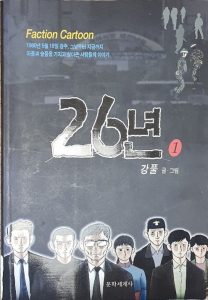
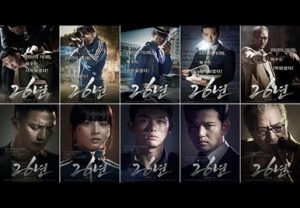
The graphic novel, Dobari (도바리), tells the story of a man who cannot escape the memories of May 18,1980. “Dobari” refers to college students who fled from the dictatorship and attempted to carry out democratization movements while being on the “wanted list.” The incidents of the ten days were recorded one by one, as if written in a journal. Ironically, the grandson of the late former President Chun Doo-hwan (1931-2021), who is the target of this novel as the dictator, recently alleged on Instagram that his family was living on illicit funds, committed crimes, and referred to his grandfather as a “slaughterer.”
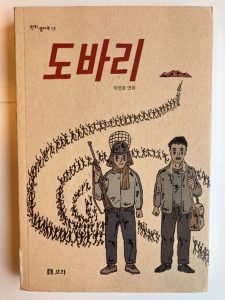
The graphic novel The Day of 1987 (1987 그 날) deals with another important milestone in the history Korean civil rights: the June Democratic Struggle (6월 민주항쟁), also known as the June Democracy Movement and June Democratic Uprising. The Day of 1987 depicts one year in the life of a group of young people who had to endure the harsh reality under the Chun Doo-hwan regime, struggling without a clear sense of direction or hope for the future. This despair foreshadows the outbreak of the nationwide civil uprising that demanded democratization, including constitutional and government reform, with the goal of direct presidential election.

Following this event, a wave of democratization and liberalization swept through Korea. The 9th Amendment to the Constitution of the Republic of Korea, which was enacted as a result of this incident, has become the foundation of Korean politics and law. Unlike other democratic revolutions, this civil uprising is highly regarded around the world because it ousted a military dictatorship through relatively peaceful demonstrations.








